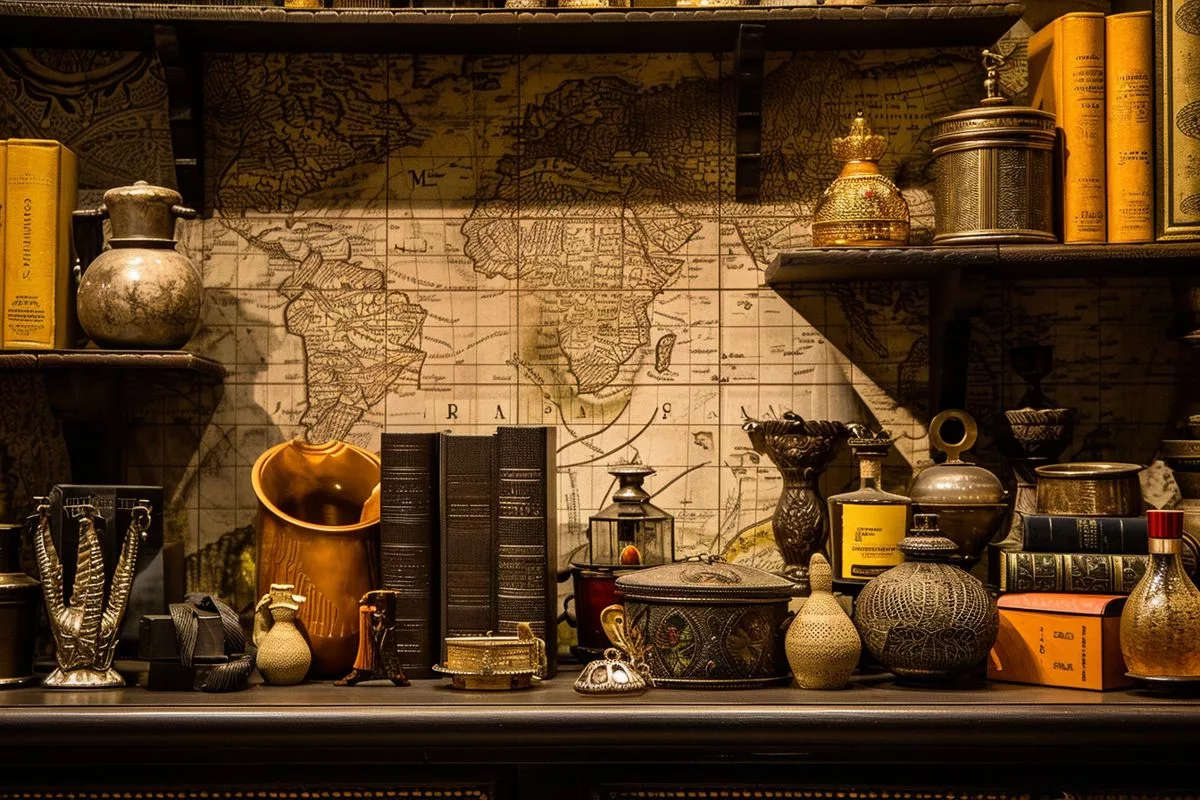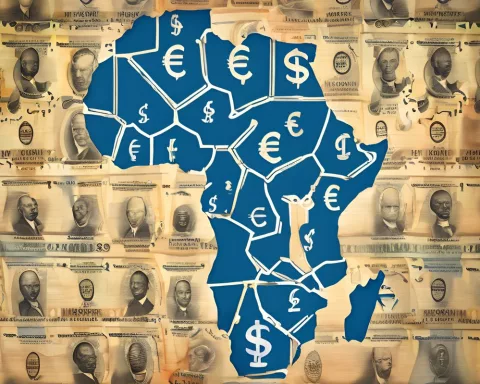Johann Rupert, a South African businessman, is now the wealthiest person in Africa, overtaking Nigerian tycoon Aliko Dangote. Rupert’s success comes from his investments and positions in luxury goods and investment firms such as Richemont and Remgro. Meanwhile, Dangote’s fortunes have decreased due to the high pricing of his cement in Nigeria, causing his wealth to fall from $13.5 billion to $9.5 billion. Despite their African roots, both businessmen have global ties and their rise and fall reflects the larger narrative of resilience and adaptation in a dynamic global economy.
Johann Rupert, a South African business magnate, has recently become the wealthiest individual on the African continent, surpassing Aliko Dangote, the Nigerian business tycoon. Rupert’s impressive portfolio includes luxury goods and investments, and he holds top positions in both Richemont, a Swiss-based luxury goods company, and Remgro, a South African-based investment firm.
Dangote’s Legacy
Dangote has long been a symbol of commercial success in Africa, with his conglomerate, the Dangote Group, holding sway over various industries such as cement, sugar, and flour. Dangote Cement is among his most profitable ventures, making it a leading cement producer in Africa. However, Dangote’s fortunes have recently dwindled, with his wealth falling from $13.5 billion to $9.5 billion.
Rupert’s Resilient Empire
In contrast, Rupert’s wealth remains strong amidst global economic turbulence. Although his net worth dropped marginally from $10.7 billion to $10.3 billion, it was enough to propel him to the top of Africa’s wealth hierarchy.
The Global Reach of African Business Giants
Despite their primarily African interests, both Rupert and Dangote have international ties. Dangote has trade associations with the EU and has been eyeing the union’s markets for potential expansion. Rupert’s foundation is based in Switzerland, and his luxury goods empire is a global enterprise.
Public Interest in Business Maneuvers
The public has taken a keen interest in the business maneuvers of these African business giants, with discussions on social media platforms revolving around the high pricing of Dangote’s cement in Nigeria and the impact of shifting government policies on his fortune.
A Larger Narrative of Resilience and Adaptation
While Rupert’s new position as Africa’s wealthiest individual is a significant shift in African wealth, Dangote continues to play a crucial role in West Africa’s business ventures and collaborates with EU-based entities. The rise and fall of these businessmen reflect the larger story of resilience and adaptation in a dynamic global economy.
Inspiring Ambition and Success
As Rupert and Dangote continue to redefine African prosperity, their journeys serve as a testament to the potential for strategic growth and diversification to attain success. They inspire ambition and success throughout the African continent.
Who is Johann Rupert?
Johann Rupert is a South African business magnate who recently became the wealthiest individual on the African continent, overtaking Nigerian tycoon Aliko Dangote. His impressive portfolio includes luxury goods and investments, and he holds top positions in both Richemont, a Swiss-based luxury goods company, and Remgro, a South African-based investment firm.
Why did Johann Rupert overtake Aliko Dangote as the wealthiest person in Africa?
Johann Rupert’s success comes from his investments and positions in luxury goods and investment firms such as Richemont and Remgro. Meanwhile, Dangote’s fortunes have decreased due to the high pricing of his cement in Nigeria, causing his wealth to fall from $13.5 billion to $9.5 billion.
What industries does Aliko Dangote dominate in Africa?
Aliko Dangote’s conglomerate, the Dangote Group, holds sway over various industries such as cement, sugar, and flour. Dangote Cement is among his most profitable ventures, making it a leading cement producer in Africa.
Do Johann Rupert and Aliko Dangote have international ties?
Yes, both Rupert and Dangote have international ties. Dangote has trade associations with the EU and has been eyeing the union’s markets for potential expansion. Rupert’s foundation is based in Switzerland, and his luxury goods empire is a global enterprise.
What does the rise and fall of these businessmen reflect?
The rise and fall of Johann Rupert and Aliko Dangote reflect the larger story of resilience and adaptation in a dynamic global economy. Their journeys serve as a testament to the potential for strategic growth and diversification to attain success, inspiring ambition and success throughout the African continent.












